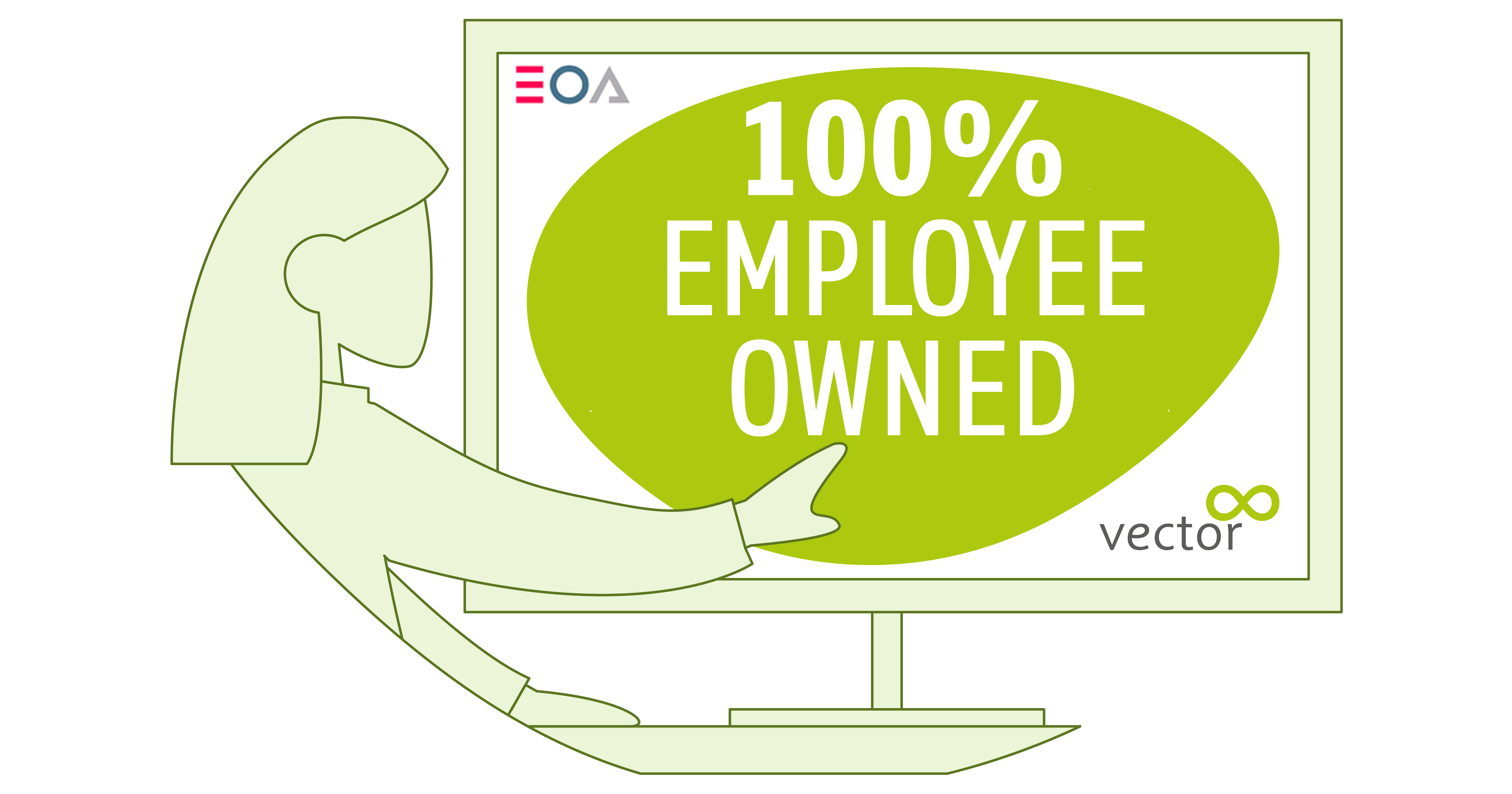
The contracting world offers a multitude of working options, with two of the most common being the operation of a private limited company (Ltd) or working through an employer supplier company, also known as an umbrella company. Both options have unique advantages and potential challenges. This article aims to shed light on these differences, assisting contractors in making informed decisions about the structure that suits them best.
Private Limited Company (Ltd)
Operating as a Ltd company means you're the director of your own company and responsible for all business decisions. This model allows contractors greater control over their financial affairs and has potential tax efficiencies.
Advantages
- Financial Control: As a director, you have the liberty to decide your salary, dividends, and pension contributions, offering tax efficiency.
- Business Expenses: You can claim a wide range of business expenses, further reducing your tax liability.
- Branding and Credibility: Running your own Ltd company can enhance your professional image and reputation within your industry.
Challenges
- Administration: More paperwork is involved compared to working through an umbrella company. You'll need to prepare accounts, tax returns, and handle PAYE and corporation tax.
- IR35 Legislation: Understanding and adhering to IR35 legislation can be complex and if misinterpreted, can result in hefty penalties.
Employer Supplier Company (Umbrella Company)
An umbrella company acts as an employer for contractors working on fixed-term contracts. They handle tax and National Insurance contributions (NICs), providing a hassle-free alternative to running your own company.
Advantages
- Ease of Use: With an umbrella company, you're free from administrative burdens. They take care of tax, NI, and business expenses.
- Employment Rights and Benefits: As an 'employee' of the umbrella company, you have statutory rights including sick pay, holiday pay, and access to a pension scheme.
- IR35 Compliant: Umbrella companies provide a straightforward solution to IR35 legislation, as the tax is automatically deducted before you receive your pay.
Challenges
- Less Financial Control: With an umbrella company, there's less scope for tax planning compared to a Ltd company.
- Fee Payment: Umbrella companies charge a fee for their services, which could offset the benefits of not dealing with administration.
Conclusion
Deciding between a Ltd company and an umbrella company depends on your personal circumstances, professional goals, and risk appetite. A Ltd company can offer more control and potential for higher take-home pay but comes with administrative responsibilities and IR35 considerations. Conversely, an umbrella company provides a hassle-free, IR35-compliant option but with less financial control.
